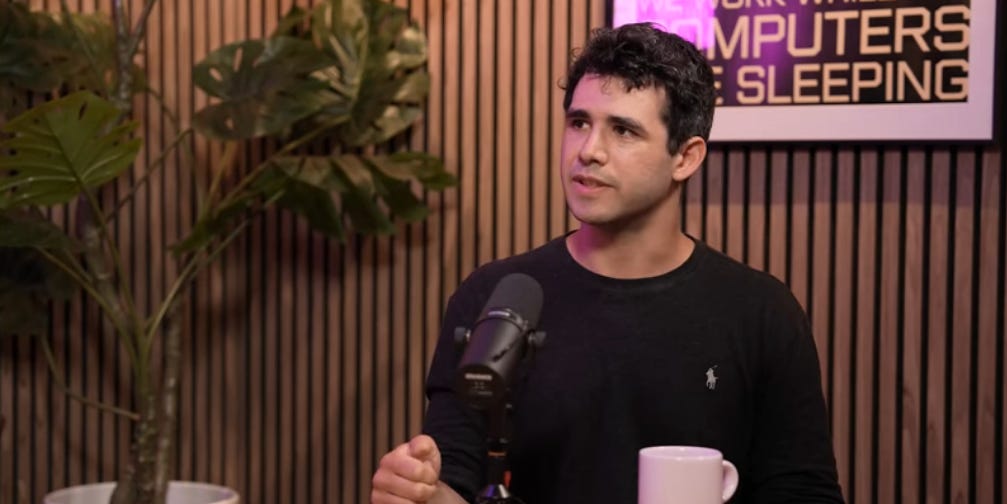Eric Zelikman, a top AI researcher who departed xAI in September, is raising $1 billion at a $4 billion valuation for his new startup, Humans&, according to sources with knowledge of the deal.
Humans&’s eye-popping funding round comes amid a frenzy of early-stage AI deals, where valuations have soared despite limited products or revenue. Thinking Machines Labs, the AI firm started by former OpenAI CTO Mira Murati, raised $2 billion in a seed round earlier this year at a $12 billion valuation.
Venture capitalists are pouring billions into startups led by prominent researchers, betting that the next breakthrough in AI will come from small, talent-rich teams.
The round is still in progress, and terms could change. Zelikman did not respond to requests for comment.
Zelikman, a Ph.D. student in computer science at Stanford, is best known for being the lead author of a paper last year detailing how language models can teach themselves to think before speaking. Before joining the technical staff at xAI in 2024, Zelikman was a machine learning intern at Microsoft and also a deep learning engineer at Lazard.
Zelikman believes today’s language models are too cold and machine-like, he told venture capitalist Sarah Guo on her podcast earlier this month.
Related stories
“The most fundamental thing is that the models kind of don’t understand the long-term implications of the things that they do and say, when you treat every turn of a conversation as its own game,” he said, adding that many AI researchers are focused on the wrong things. “There’s just so much talent out there, and I’ve always been a little bit disappointed that so much of that talent doesn’t get used.”
Instead, Humans& will build models that attempt to learn from and empathize with their users, Zelikman said.
“The actual objective of the model needs to be to kind of understand you,” he said. “It probably won’t be perfect, but boy, you can be a lot better than the current models.”
With improved human-centric models, Zelikman believes AI can better achieve the lofty goals that have so far eluded it, like curing cancer.
“We’re much more likely to solve a lot of these fundamental human problems by building models that are really good at collaborating with large groups of people that are really good at understanding different people’s goals, different people’s ambitions, different people’s values,” he said.


